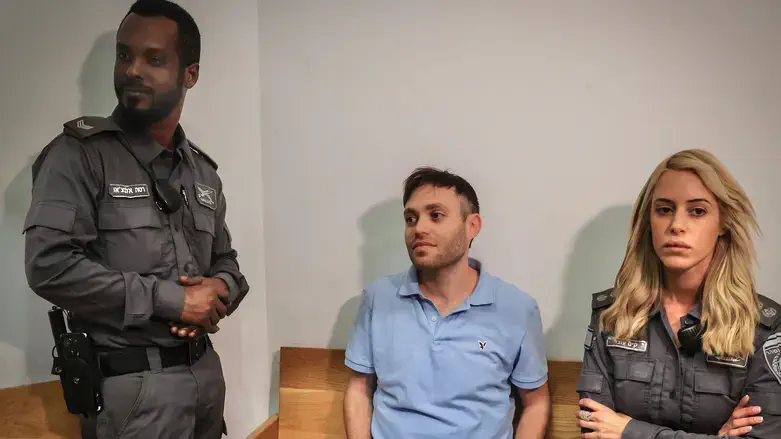
ISA director Ronen Bar submitted his official position to the court regarding Sergeant Ari Rosenfeld. Bar indicated that the likelihood of Rosenfeld utilizing additional materials has decreased, suggesting possible detention alternatives to mitigate risks.
Bar also recommended a meeting between Rosenfeld and an ISA coordinator to further assess the risk of information leakage.
In a statement to the court, the Attorney General's office informed about ISA's latest stance and announced its intention to receive military input before finalizing its updated position on detention alternatives. They believe it's essential to consider military perspectives first and requested the court to obtain such feedback.
However, the defense argued this military consultation was unnecessary as the military clarified not being familiar with investigation materials or the circumstances of the actions in question.
Rosenfeld's attorneys, Uri Korb, Sivan Russo, and Yehoshua Lemberger, stated, "Rosenfeld's continued detention poses a personal danger and significantly undermines public trust and safety due to the prolonged injustice experienced by him. The ISA's opinion aligns with that of Dr. Nimrod Shani, a clinical expert who examined Rosenfeld and firmly asserted no substantial risk of repeated offending. Additionally, during recent meetings, both with public representatives and inmates, including a police informant sharing his cell, no hint of information disclosure emerged."
They added, "Rosenfeld's mental state is not good, making time crucial. He passed an ISA polygraph test, regretted his previous actions, and currently poses no threat. It's time to let Rosenfeld return home."
